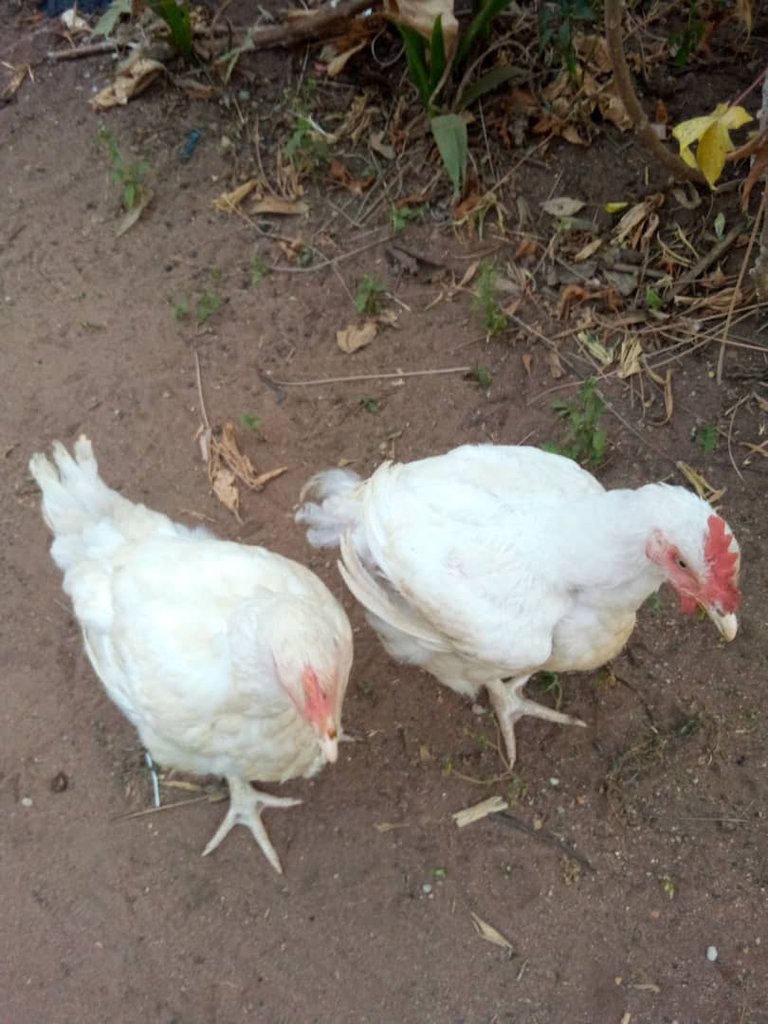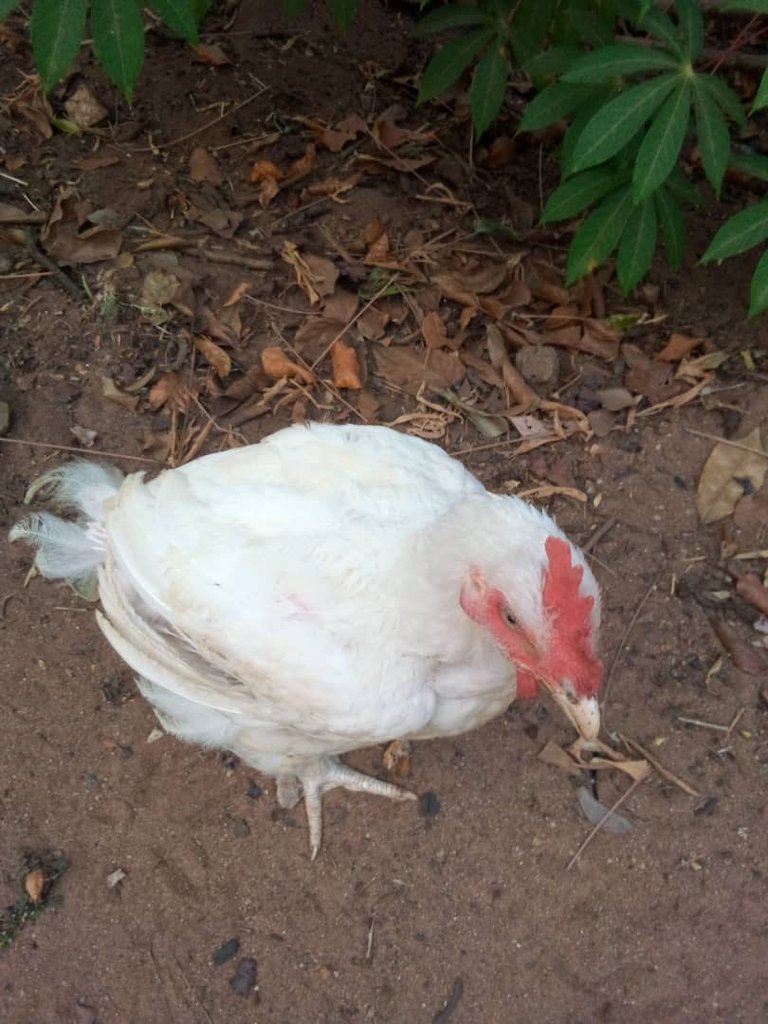Good morning my good people of hive community, I hope we all enjoyed our sleep. I am here again this morning to share the economic benefits and challenges of doing Poultry business.

Poultry farming has emerged as a lucrative and sustainable business venture with numerous economic benefits for individuals and communities. This article explores the various ways in which engaging in poultry business contributes to economic growth, employment opportunities, and food security.
Job Creation:
One of the primary economic benefits of poultry farming is the generation of employment opportunities. From the initial stages of setting up the farm to day-to-day operations, poultry farming requires a diverse range of skills. This includes farm management, veterinary services, feed production, and transportation. As the industry expands, more jobs are created, providing employment for individuals in both rural and urban areas.Income Generation:
Poultry farming serves as a reliable source of income for farmers. The demand for poultry products such as eggs and meat remains consistently high, providing farmers with a steady stream of revenue. Additionally, diversification into value-added products like processed chicken or specialty eggs can further enhance income potential.Contribution to GDP:
The poultry industry significantly contributes to a country's Gross Domestic Product (GDP). As the sector grows, its economic impact expands, creating a positive ripple effect on the overall economy. Increased production and consumption of poultry products lead to higher economic output, reinforcing the industry's importance in national economic development.Rural Development:
Poultry farming is often undertaken in rural areas, providing an avenue for rural development. As farmers engage in poultry business, there is a boost in local economies. This can lead to the development of support industries, such as poultry equipment suppliers, transportation services, and feed producers, all of which contribute to the economic development of rural communities.

Export Opportunities:
Many countries engage in poultry farming to meet domestic demands and tap into international markets. By producing high-quality poultry products, a nation can become a net exporter, bringing in foreign exchange and enhancing its global trade position. Exporting poultry products contributes to a favorable trade balance and strengthens the country's economic standing.Efficient Resource Utilization:
Poultry farming is known for its efficient resource utilization compared to other livestock ventures. Chickens and other poultry species require less space and feed to produce protein-rich meat and eggs. This efficiency in resource utilization translates into cost savings for farmers, making poultry farming economically attractive.
Challenges in Poultry Farming: Navigating the Complexities of the Industry
Poultry farming, while economically rewarding, comes with its set of challenges that farmers must navigate to ensure successful operations. Understanding and addressing these challenges are crucial for sustaining a profitable poultry business. Here are some key challenges faced by poultry farmers:
Disease Management:
Poultry farms are susceptible to various diseases that can quickly spread among the flock. Controlling and preventing diseases require vigilant biosecurity measures, regular vaccinations, and prompt identification and treatment of sick birds. An outbreak can have devastating effects on the entire flock and financial implications for the farmer.Feed Costs and Quality:
The cost and quality of poultry feed significantly impact the overall profitability of the business. Fluctuating prices of feed ingredients, coupled with the challenge of maintaining a balanced and nutritious diet for the birds, can pose financial challenges for farmers. Finding cost-effective yet high-quality feed sources is a constant concern.Market Price Volatility:
Poultry farmers are subject to market fluctuations that can affect the prices of poultry products. External factors such as global economic conditions, trade policies, and consumer preferences can lead to unpredictable market prices for eggs and meat. Farmers need to adapt to changing market dynamics and implement effective pricing strategies to remain competitive.Regulatory Compliance:
Compliance with local and international regulations regarding poultry farming practices, food safety, and environmental standards is essential. Meeting these requirements can be demanding, requiring farmers to invest in infrastructure, adopt best practices, and stay informed about evolving regulations. Non-compliance may lead to legal issues and market access challenges.

Climate and Environmental Factors:
Extreme weather conditions, including heatwaves or cold spells, can impact poultry health and production. Adequate ventilation, temperature control, and protection from adverse weather are crucial. Additionally, managing waste disposal to minimize environmental impact and comply with regulations poses an ongoing challenge for poultry farmers.Biosecurity Risks:
Poultry farms face biosecurity risks related to the introduction of pathogens through various vectors, including personnel, equipment, and wild birds. Implementing strict biosecurity measures is essential to prevent disease outbreaks. However, maintaining biosecurity can be challenging, especially for smaller-scale farms with limited resources.Technology Adoption:
While technological advancements can enhance efficiency and productivity in poultry farming, the initial investment and training required can be a barrier for some farmers. Adopting new technologies, such as automated monitoring systems or advanced breeding techniques, may require financial resources and a learning curve for effective implementation.
Conclusion:
Poultry farming offers a myriad of economic benefits, ranging from job creation and income generation to rural development and export opportunities. As global demand for poultry products continues to rise, engaging in poultry business proves to be a sustainable and rewarding venture, contributing significantly to economic growth and development.

